Edible insects got one step closer to Europeans’ kitchens this month. The European Food Safety Authority released a scientific opinion on mealworms, concluding that the edible insects have “a high protein content” and pose “no safety concerns” to consumers.
The assessment on dried yellow mealworm (larva of the Tenebrio molitor beetle) marks the food safety watchdog’s first edible insect approval. While some EU countries like the Netherlands, Denmark and Belgium already allow insect-based food products, they are banned in other EU countries. But assuming the EFSA’s mealworm assessment is endorsed by the European Commission, edible insects could soon find a much larger market — if Europeans can get past their aversion to eating bugs, of course.
“There are cognitive reasons derived from our social and cultural experiences, the so-called ‘yuck factor’, that make the thought of eating insects repellent to many Europeans,” Giovanni Sogari, a social and consumer researcher at the University of Parma, said in an EFSA press release. “With time and exposure such attitudes can change.”
“Tremendous alternative”
Dr. Per Pinstrup-Andersen, an agricultural economist and one of the world’s leading food policy voices, has no such hang-ups. He’s been eating insects for the past eight or nine years as his continuing research into global food policy opened his eyes to the possibilities of alternative food sources like insects, seaweed and orphan crops.
Pinstrup-Andersen, a winner of the World Food Prize and professor emeritus at Cornell University, said he buys a variety of insect-based foods both online and from select supermarkets in his home country of Denmark. Although he said his cricket-based breads, freeze-dried mealworms and insect-based energy bars “happen to taste very good,” they also fulfill an important nutritional role.
“Insects provide a tremendous alternative source of protein. There is a lot of protein in those little buggers. We older people are frequently short of protein and this is an opportunity to really make a difference,” Pinstrup-Andersen, 81, told the Alliance for Science.
Rich country attitudes affect the poor
Pinstrup-Andersen and many other food policy experts look to insects as an important part of addressing global food insecurity. And with a growing awareness of the environmental impact of meat protein sources like cattle, insects can provide vital nutritional benefits with a smaller carbon footprint.
“In a country like Denmark, we’ll get all the protein we need if we cut back on beef consumption,” Pinstrup-Andersen said. “I’m more concerned about developing countries, and I really think edible insects offer an incredible opportunity to reduce protein deficiencies, calorie deficiencies and vitamin and mineral deficiencies amongst poor people in developing countries.”
Western acceptance of edible insects would likely have a knock-off effect in lower-income countries, he added.
“It would be nice if we could expand production and consumption in the high-income countries because the low-income governments tend to look at what we do and then design their legislation more or less accordingly,” he said. “So one way to get it into the stomachs of poor people in developing countries is for us to serve as a model.”
In many parts of the world, insects are already consumed to a much larger degree than in the West.
“A very large number of people in a very large number of countries have been eating insects all along. So, it’s not as though we’re inventing something brand new, it’s just that it hasn’t been mass produced in the countries where we eat a lot of beef,” Pinstrup-Andersen said.
He added that the way insect-based products are packaged and promoted will go a long way toward overcoming the “yuck factor” referenced by EFSA’s Sogari.
“The key question in all of this, of course, is whether we can get people to eat the stuff. If you present it as some sort of live cricket you pop in your mouth, that’s tough,” he said.
‘Passion project’
One of Pinstrup-Andersen’s favorite providers of insect products is the Copenhagen-based Hey Planet. The company’s co-founder, Malena Sigurgeirsdottir, said she’s made a conscious decision to offer powder-based products rather than whole insects.
“I think it only makes sense to powderize it and then make it into different products because we eat very much with our eyes,” she told the Alliance for Science.
Sigurgeirsdottir said the EFSA ruling on mealworm won’t affect her plans at Hey Planet, in part because she prefers using the lesser mealworm (Alphitobius diaperinus larva) in her recipes, a similar but “tastier” species than the yellow mealworm that was the subject of EFSA’s scientific opinion.
Sigurgeirsdottir and Jessica Buhl-Nielsen launched Hey Planet in 2016, and only after a nine-month battle with the Danish food authorities were they allowed to legally sell their products domestically in physical stores. They have since expanded to Germany, but because different rules apply to online companies they can ship their products legally throughout the EU. Sigurgeirsdottir describes their work as “very much a passion project.”
“It’s really about trying to create a food culture that is more sustainable and green. There is such amazing potential for edible insects, both when it comes to nutrition and sustainability,” she said. “They deliver a lot of nutrients that plants can’t and it’s more sustainable to get them from insects than meat.”
She said business is “going very well in Denmark” and that being in such a small market allows Hey Planet to test out different ideas. The company’s newest focus is a mincemeat recipe that uses insect protein. The company has entered into an agreement to launch the insect-based meat at high-end restaurants this year and hopes to have it in retail stores by 2022.
If more companies like Hey Planet find success with insect-based food products, it could help change what Pinstrup-Andersen called a “very conservative mindset” among many of his fellow food policy experts. He compared edible insects to vertical farming in that “almost everybody I talk to in my community of food policy analysts always say that these things are never going to fly.”
“They say that insects are just a pipe dream and that no one will ever eat them. There is enormous conservatism among people who should know better. Few people actively oppose edible insects, but there’s just a general inability to think outside the box,” he said.
Will Europeans start eating insects? It’s probably not going to be widespread practice overnight but many foods that are now staples of the Western diet were at one time considered “novel,” as EFSA explains in this video:
BY JUSTIN CREMER
O artigo foi publicado originalmente em Cornell Alliance for Science.

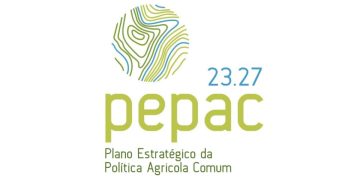






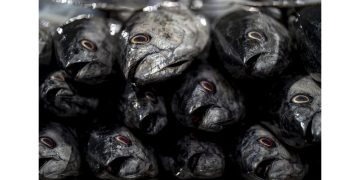










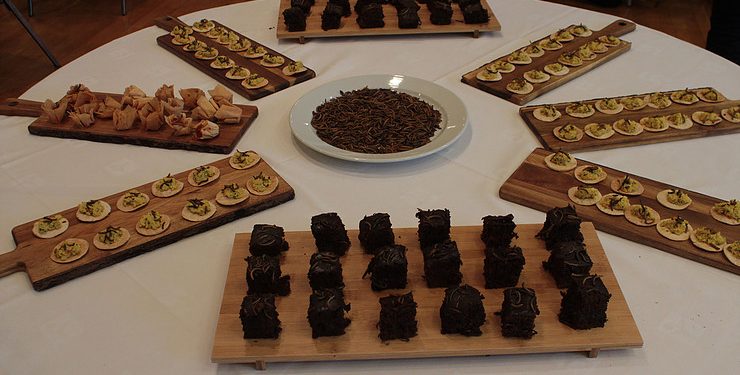

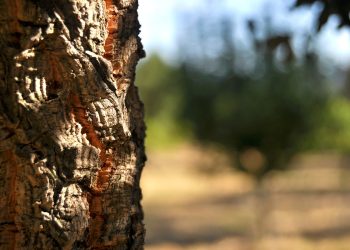
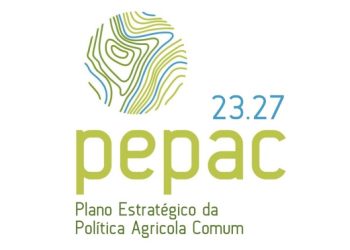


























Discussão sobre este post